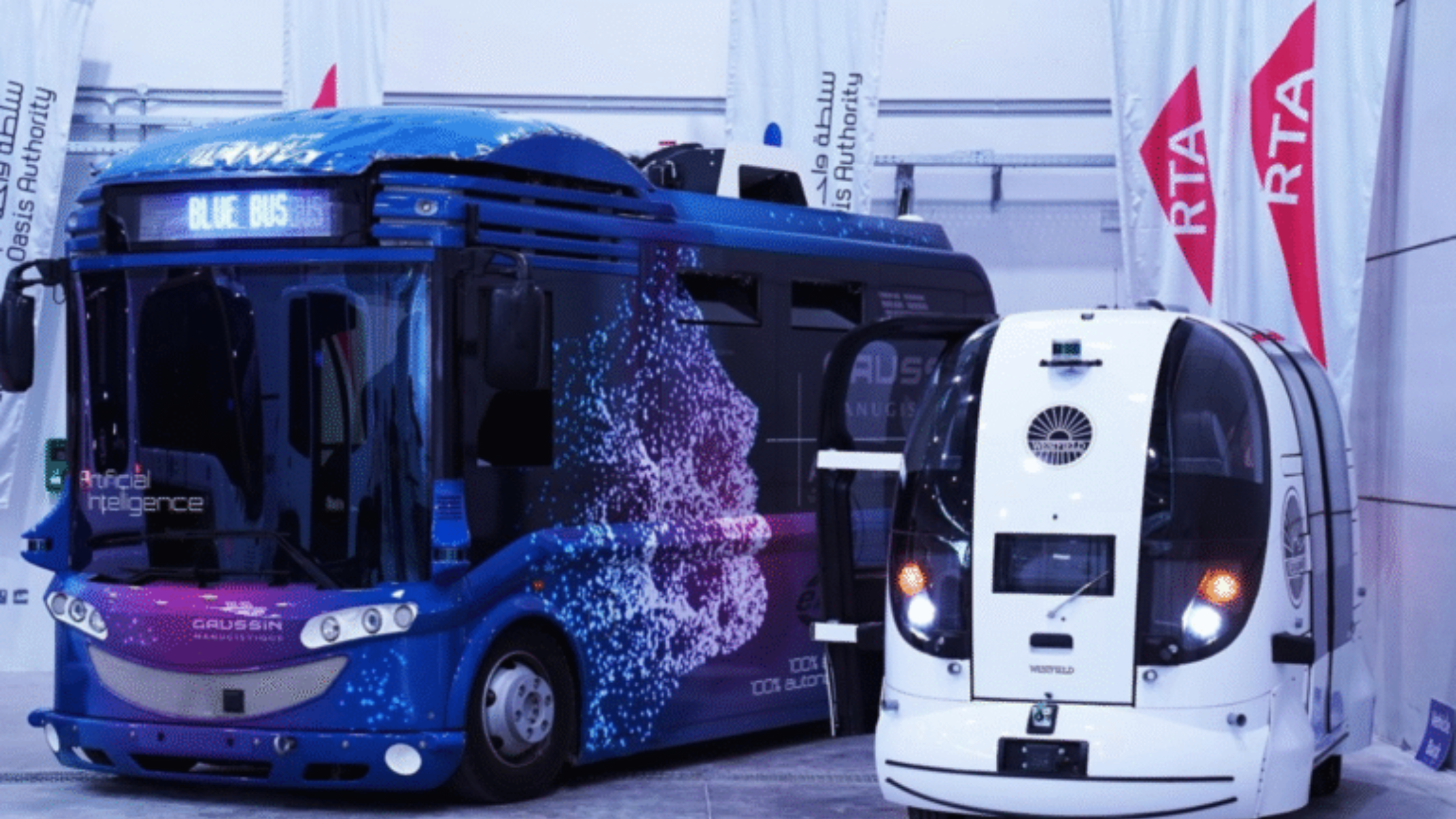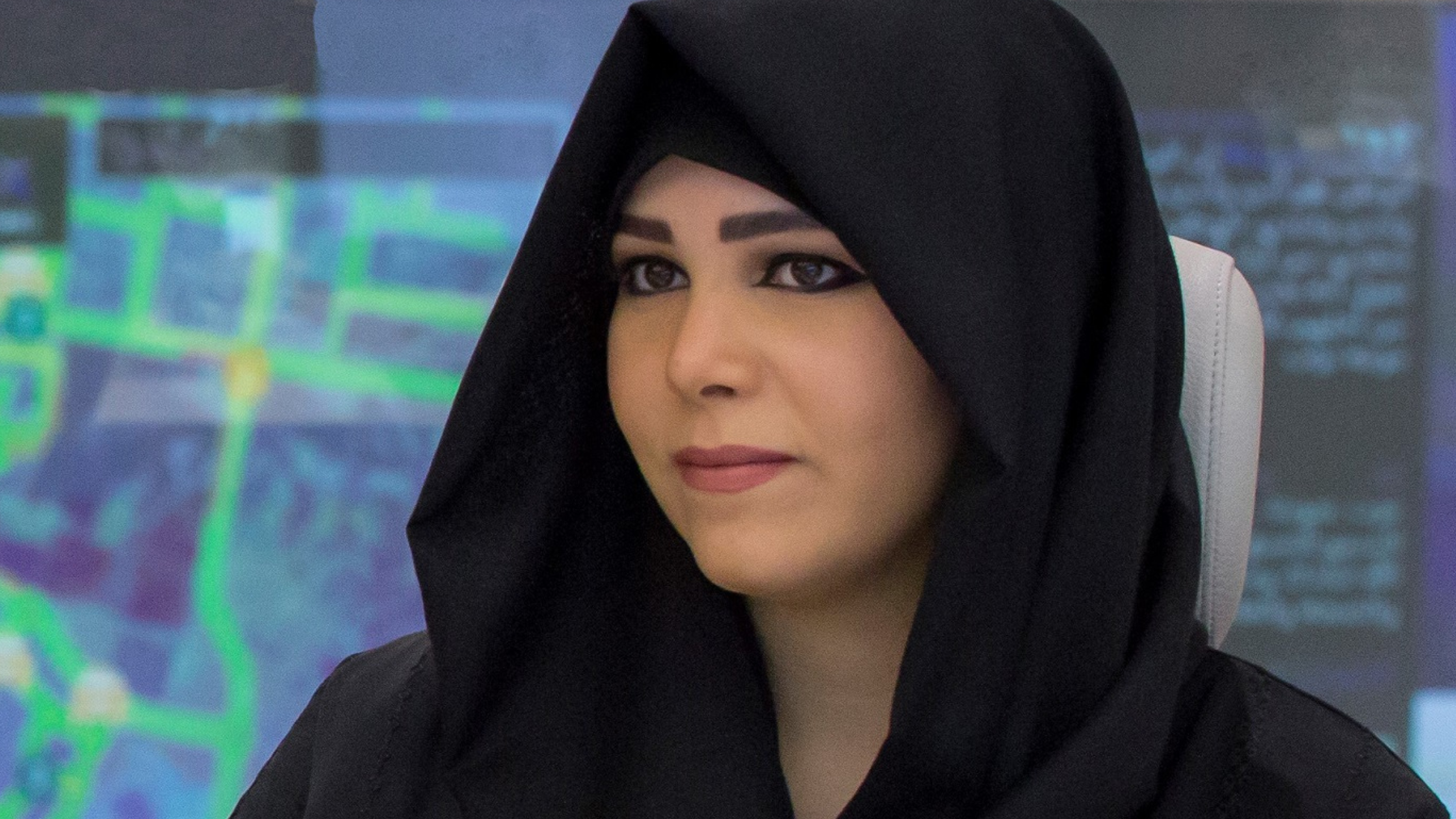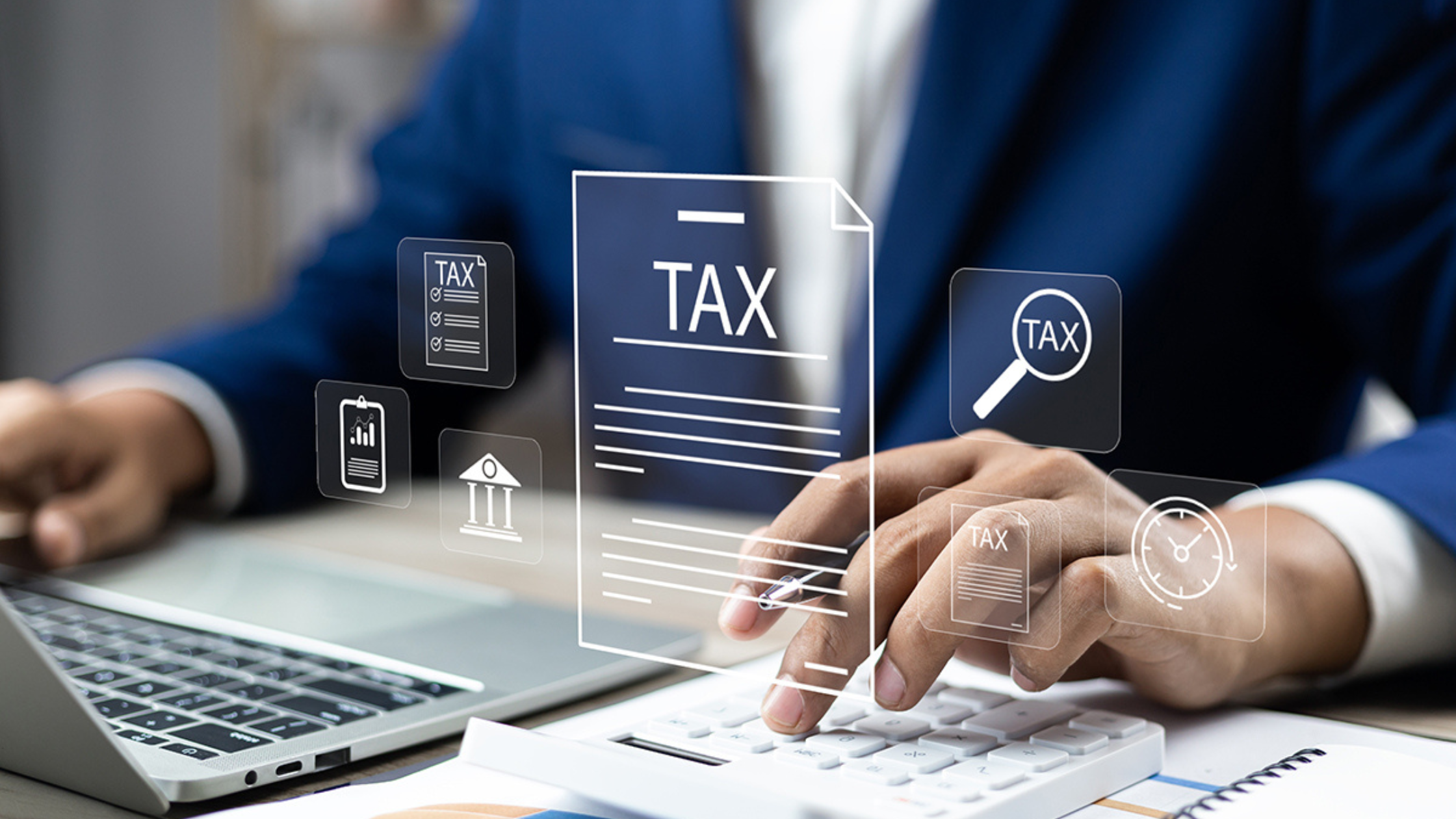Why Dubai Is the Top Choice for Startups in 2025


Dubai, the vibrant heart of the United Arab Emirates (UAE), has emerged as a global hub for entrepreneurs launching startups in 2025. With its strategic location, business-friendly policies, and cutting-edge infrastructure, Dubai offers an unparalleled ecosystem for innovation and growth. From fintech to e-commerce, blockchain, and artificial intelligence (AI), the city is attracting ambitious founders from around the world.
Strategic Location: A Gateway to Global Markets
Located at the crossroads of Europe, Asia, and Africa, Dubai’s GMT+4 time zone enables seamless business operations across continents. Its world-class infrastructure, including Dubai International Airport and Jebel Ali Port, facilitates efficient logistics and global trade. Entrepreneurs benefit from access to over 2 billion consumers within a four-hour flight radius, making Dubai a strategic base for startups targeting international expansion. The city’s connectivity supports industries like logistics, e-commerce, and fintech, allowing startups to scale rapidly in a global marketplace.
Business-Friendly Policies and Tax Advantages
Dubai’s pro-entrepreneur policies make it a magnet for startups. Since 2021, the UAE has allowed 100% foreign ownership for most business activities on the mainland, eliminating the need for a local sponsor. This reform has empowered entrepreneurs to maintain full control of their ventures. Additionally, Dubai’s free zones, such as Dubai Internet City (DIC), Dubai Silicon Oasis (DSO), and Dubai International Financial Centre (DIFC), offer 0% corporate tax, no personal income tax, and no customs duties, creating a financially attractive environment. In 2023, the UAE introduced a 9% corporate tax on profits above AED 375,000, but free zone entities often remain exempt, enhancing cost efficiency. These policies make Dubai a haven for startups seeking low operational costs and high profitability.
Robust Government Support and Initiatives

The UAE government actively fosters entrepreneurship through initiatives like the Dubai Startup Hub, managed by the Dubai Chamber of Commerce, which supports over 5,000 startups with mentorship, networking, and investor connections. The Mohammed Bin Rashid Innovation Fund provides funding and guidance for innovative ventures, particularly in fintech, AI, and sustainability. In H1 2024, the Mohammed Bin Rashid Establishment for Small and Medium Enterprises Development (Dubai SME) assisted 2,714 entrepreneurs with training and resources, showcasing Dubai’s commitment to nurturing startups. Additionally, the Dubai Future District Fund, with over $1 billion, targets AI, fintech, and deep-tech startups, offering substantial financial backing.
Thriving Startup Ecosystem and Networking Opportunities

Dubai’s startup ecosystem is one of the fastest-growing globally, supported by incubators, accelerators, and co-working spaces. Dubai Silicon Oasis and Dubai Internet City host global giants like Microsoft, Oracle, and Google, alongside innovative startups, fostering collaboration and knowledge exchange. Events like GITEX Global and ArabNet connect entrepreneurs with investors and industry leaders, creating opportunities for funding and partnerships. For example, Fenix Games, a blockchain gaming startup launched in 2022, raised $150 million by leveraging Dubai’s ecosystem, demonstrating the city’s ability to support high-growth ventures.
Cutting-Edge Infrastructure and Digital Transformation

Dubai’s state-of-the-art infrastructure is a key draw for startups. Over 90% of government services are digitized, allowing entrepreneurs to register companies, obtain trade licenses, and manage compliance online, saving time and resources. The city’s 5G network ensures ultra-fast internet, supporting remote work and digital operations for startups in e-commerce, fintech, and AI. Internet of Things (IoT) technologies and AI-powered traffic systems enhance logistics efficiency, benefiting delivery-based startups. For instance, Tarabut Gateway, a fintech startup, leverages Dubai’s digital infrastructure to provide secure, instant account-to-account payments, raising $58 million since its launch.
Access to Diverse Talent and Investment Opportunities

Dubai’s multicultural population and open immigration policies attract a global talent pool, essential for startups requiring skilled professionals. The Golden Visa program, offering up to 10 years of residency for entrepreneurs and innovators, further incentivizes talent retention. The UAE attracted AED 130 billion ($35 billion) in Foreign Direct Investment (FDI) in 2024, reflecting high investor confidence. Startups like Huspy, a fintech real estate platform, secured $37 million by tapping into Dubai’s investor network, highlighting the city’s appeal to venture capitalists and angel investors.
Booming Sectors for Startups

Dubai’s diverse economy supports startups across multiple industries:
- Fintech: With the Virtual Assets Regulatory Authority (VARA) established in 2022, Dubai is a global leader in blockchain and crypto startups. Companies like Tabby, offering interest-free payments, have thrived in this sector.
- E-commerce: Projected to exceed $13 billion in UAE online retail sales by 2025, e-commerce is a hotspot for startups like Sterve, which provides AI-powered commerce solutions.
- AI and Technology: Dubai Silicon Oasis supports AI startups, with the UAE’s Minister of Artificial Intelligence driving tech innovation.
- Sustainability: The UAE’s focus on green technologies aligns with global trends, attracting startups in renewable energy and sustainable solutions.
Simplified Business Setup Process

Setting up a startup in Dubai is straightforward, with options for mainland, free zone, or offshore entities. Entrepreneurs can choose from over 2,000 business activities listed by the Dubai Economic Department (DED), catering to diverse sectors. The process involves selecting a business structure, obtaining a trade license, and securing visas, often facilitated by consultants like IFZA or Start Any Business (SAB). Costs vary based on location and requirements, but free zones offer cost-effective packages, including flexi-desks and virtual offices, making Dubai accessible for startups of all sizes.
Challenges to Consider

While Dubai offers immense opportunities, entrepreneurs must navigate challenges like compliance requirements, visa processes, and market competition. Thorough market research and a solid business plan are crucial to identify market gaps and ensure long-term success. Partnering with experienced consultants can streamline setup and compliance, mitigating potential hurdles.







